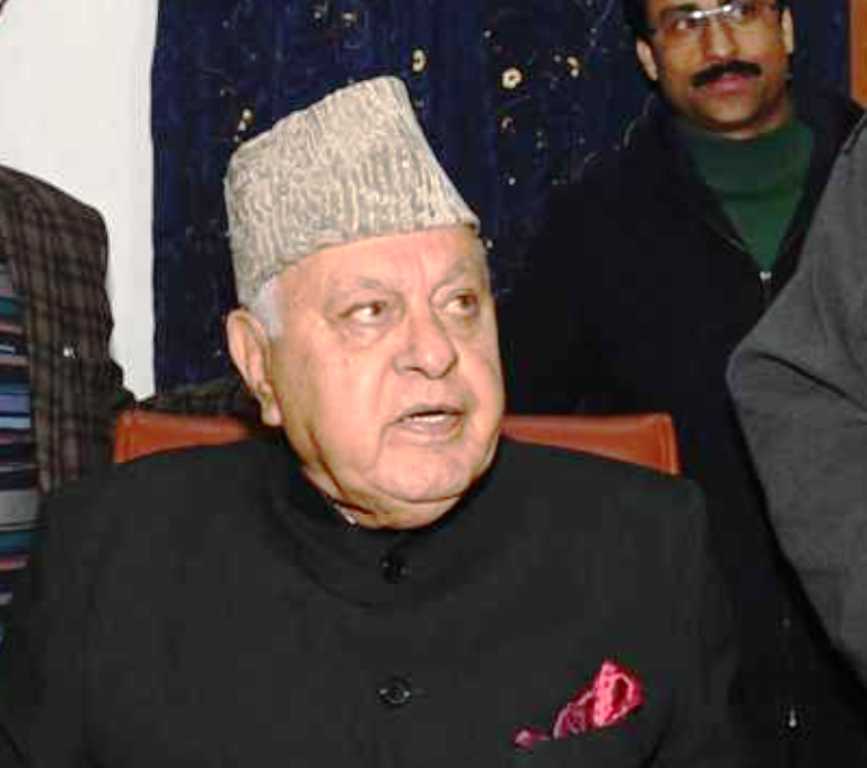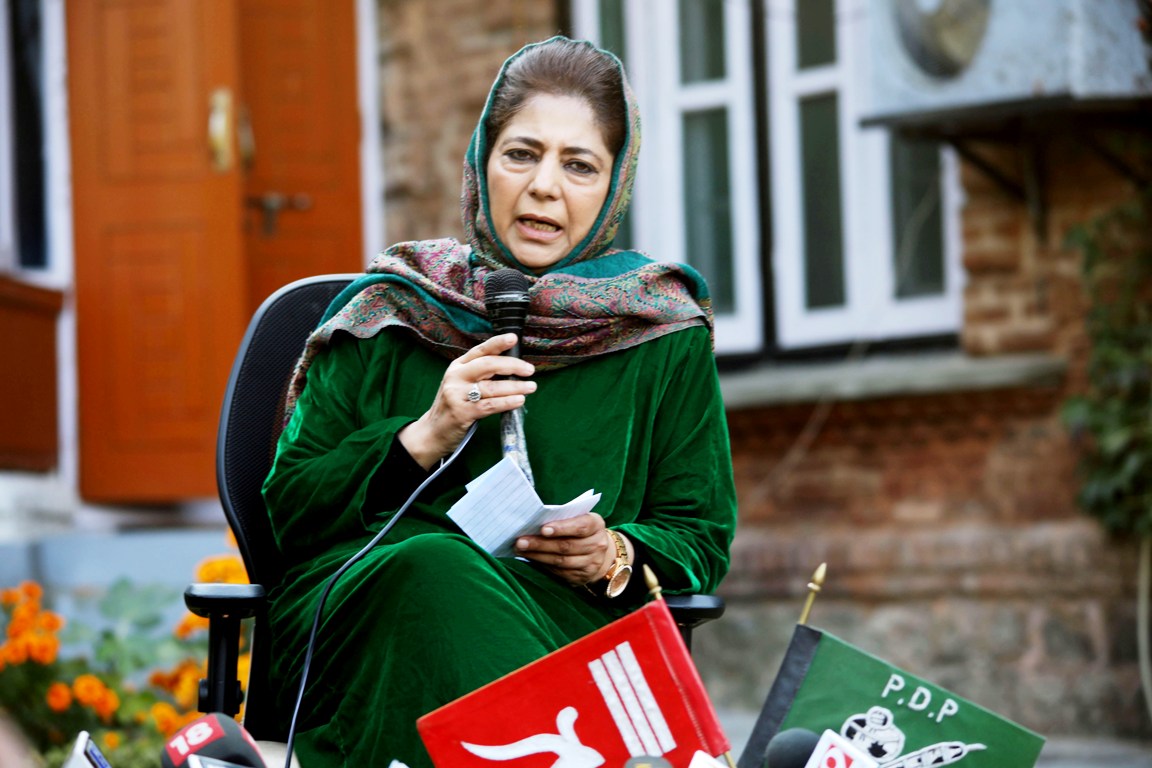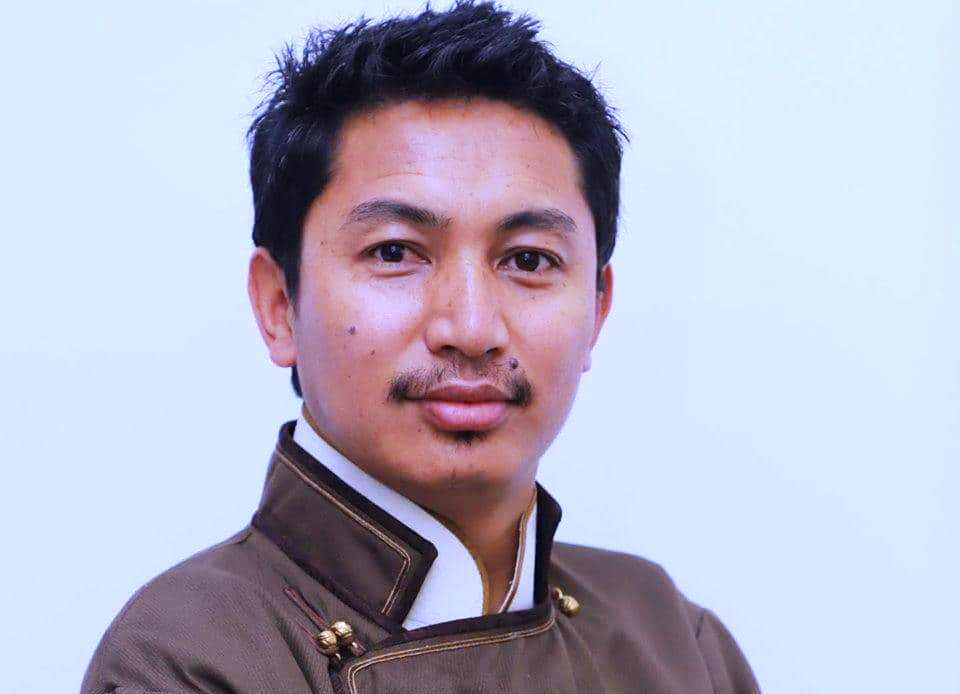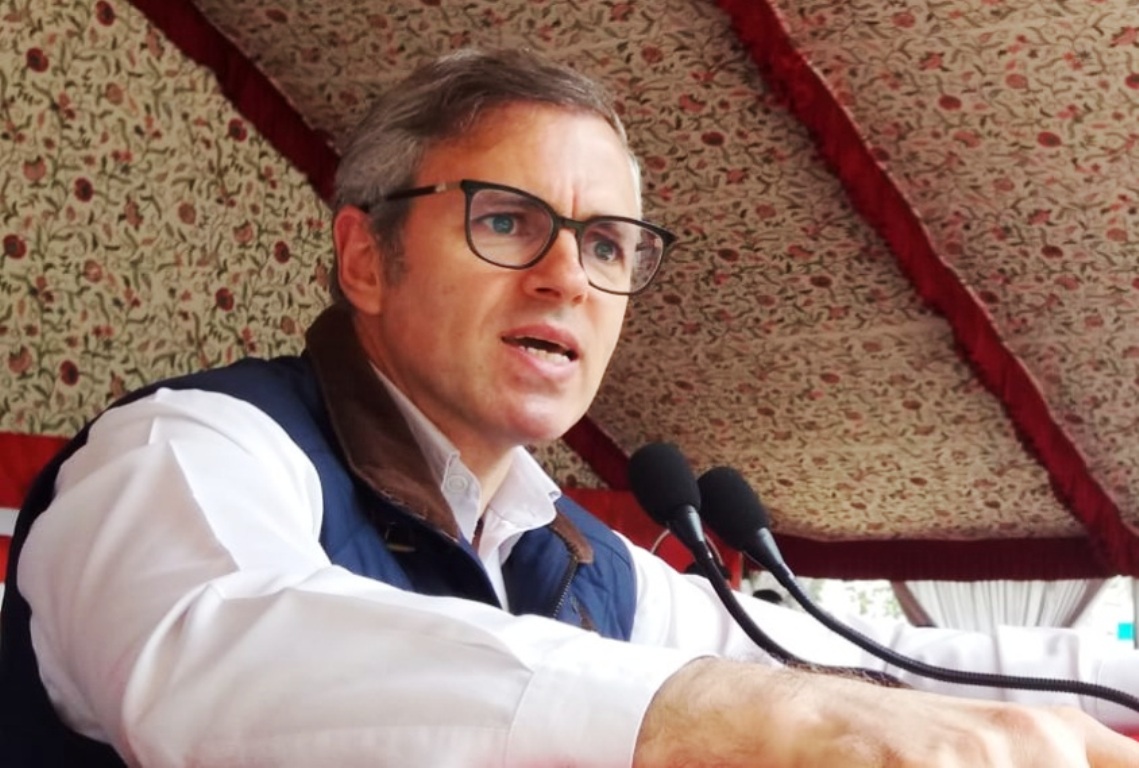Srinagar
The Jammu and Kashmir State Judicial Academy (JKSJA) on Saturday organized special orientation programme on “Fair and Speedy Trial in Civil and Criminal Cases” for Munsiffs of Jammu province.
 The spokesman said training programme was inaugurated by Chief Justice, Jammu and Kashmir High Court, Justice Badar Durrez Ahmed.
The spokesman said training programme was inaugurated by Chief Justice, Jammu and Kashmir High Court, Justice Badar Durrez Ahmed.
Chairman, J&K State Judicial Academy Justice Alok Aradhe and Senior Judge, High Court of Delhi Dr Justice S Muralidhar and Munsiffs of Jammu province also participated in the programme.
The spokesman said that Justice Alok Aradhe gave an overview of the training programme and said that speedy justice and fair trial to an accused are integral parts of Article 21. “These are imperatives of the dispensation of justice and in every criminal trial, the procedure prescribed in the Code has to be followed, the laws of evidence have to be adhered to and an effective opportunity must be given to the accused of defending himself,” he said.
 Chief Justice, Jammu and Kashmir High Court Justice Badar Durrez Ahmed, in his inaugural address, emphasized that the duty of a judge is to deliver justice. “Proper time management by the trial judge will surely help to cut down the delay but while ensuring speedy trial, a judge has a duty of care and caution to ensure that fair procedure is observed,” he added.
Chief Justice, Jammu and Kashmir High Court Justice Badar Durrez Ahmed, in his inaugural address, emphasized that the duty of a judge is to deliver justice. “Proper time management by the trial judge will surely help to cut down the delay but while ensuring speedy trial, a judge has a duty of care and caution to ensure that fair procedure is observed,” he added.
The Chief Justice stressed for devising mechanism to save time spent on execution of summons and processes. He said that lengthy cross-examination of witnesses by the lawyers has to be curtailed. “If the cross-examination goes on endlessly, the judge should know how to cut it down. A judge should also keep in mind as to how much actual time is spent on the case and in this direction, we must think and come out with new ideas to reduce the time which is not actually spent on the case,” he added.
Senior Judge, Delhi High Court Dr Justice S Muralidhar highlighted the fundamental principles of fair and speedy trial in civil and criminal cases. He emphasized that at the time of granting police or judicial remand to the accused, the Judge has to be aware that he is discharging constitutional duty envisaged under Article 21 and 22 of the Constitution.
He further said that a trial judge shall remain always alive to the difficult circumstances faced by women, children, disabled, old-aged, poor and downtrodden sections of the society in the court system.
Justice O. P. Sharma, Former Judge, High Court of J&K, D.C Raina, Senior Advocate, High Court of J&K and Abdul Rashid Malik, Director, J&K State Judicial Academy deliberated upon minimizing procedural delays in civil cases.
The vote of thanks was presented by Director, J&K State Judicial Academy Abdul Rashid Malik.















